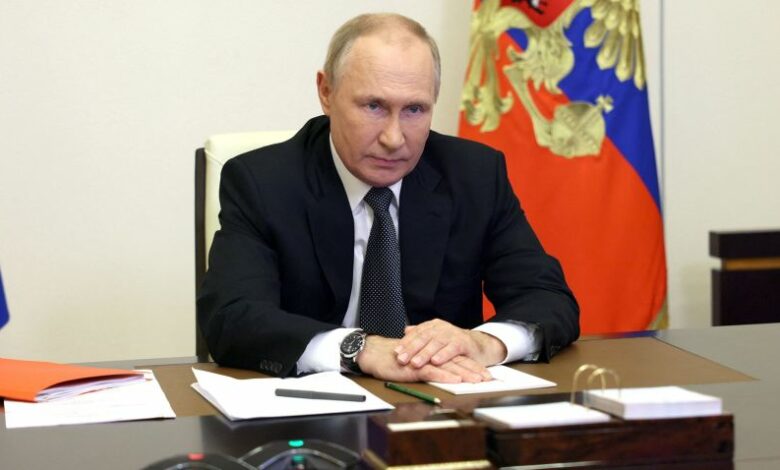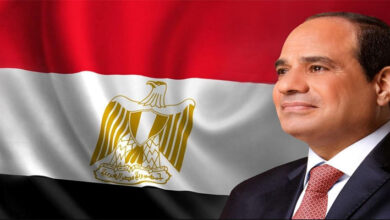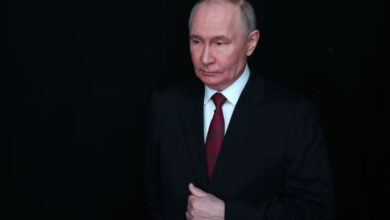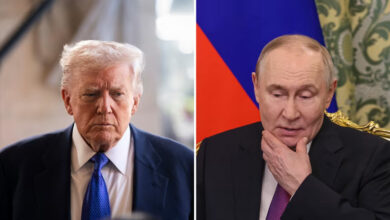
For months, Russian President Vladimir Putin has waited and watched, hoping for a fracturing of the remarkable Washington consensus built by President Joe Biden on the need to do everything it takes to defend democracy in Ukraine.
Now, at last, the first cracks may be appearing.
There is no sign that the $18 billion US pipeline of military aid that has helped Ukraine drive back Russia’s onslaught is immediately in danger. But the stirrings of political opposition to an endless US role in the war are growing on both sides of the aisle just two weeks before the November midterms.
Even the slightest hint of a softening of American resolve could comfort Putin as the Kremlin strongman prepares to inflict a painful winter on Ukrainian civilians and Europeans reliant on Russian gas.
In what can only be described as a political debacle on Tuesday, progressive Democrats published, then withdrew, a letter initially signed in June that called on the White House to match its effort to arm Ukraine with a strong diplomatic effort to engage Russia and seek a ceasefire. This came days after House Minority Leader Kevin McCarthy, the possible next speaker, warned that Kyiv could not expect a “blank check” on aid if the GOP is in charge next year.
Ex-President Donald Trump, a possible future Republican candidate, has, meanwhile, been complaining about the cost of supporting a government locked in a struggle with his hero, Putin, and that he dragged into his first impeachment by using military aid in a coercion scheme.
It’s clear that a bipartisan consensus for aiding Ukraine still exists in Washington. But the rumblings that Biden’s hardline on Russia may not always enjoy near unanimous support came at an especially sensitive time as the West seeks to discredit Russia’s latest round of nuclear rhetoric — a warning that Kyiv could use a dirty bomb.
The claims have led to high-level talks between US and Russian military chiefs and are widely being interpreted as either more scare tactics or perhaps an attempt by Moscow to create a false flag operation that could be used as a pretext for its own use of weapons of mass destruction.




